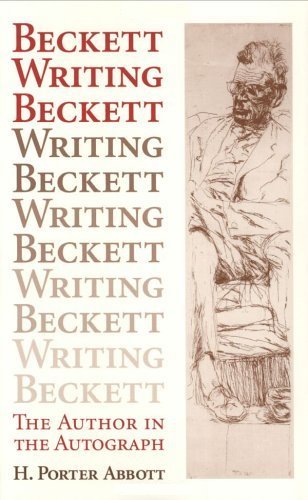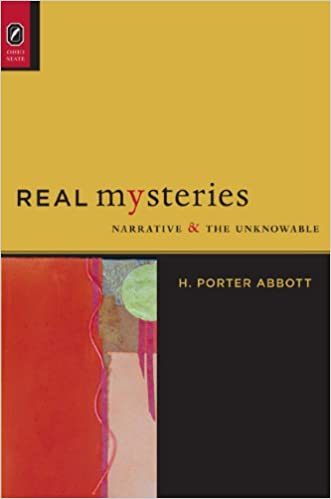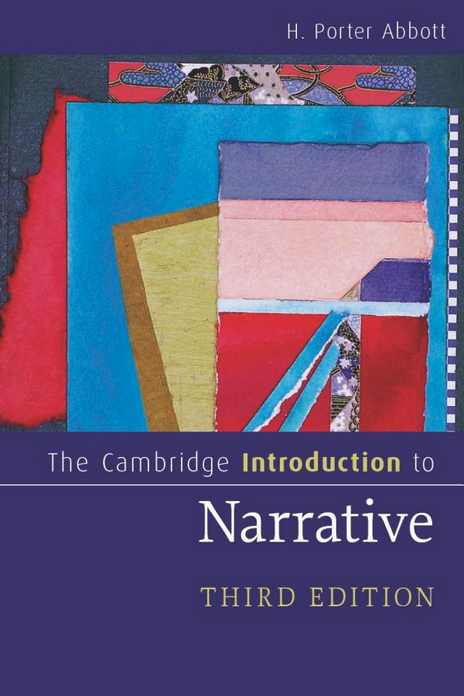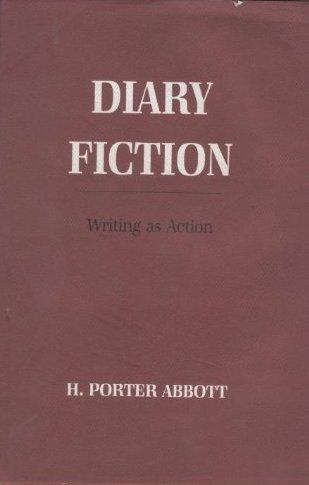Beckett Writing Beckett
The Author in the Autograph
- Author: H. Porter Abbott

Suppose that, before he is writing fiction, before he is writing drama, before he is writing any of the autonomous, highly polished pieces that make up his life work, Beckett is writing Beckett. What follows from this? In Beckett Writing Beckett, H. Porter Abbott argues that, by the time he had written Waiting for Godot, Beckett’s art had crystallized as a life project keyed to the simultaneous action of writing and reading the self.
How does such an interpretive shift change the way we see the salient features of Beckett’s art: his extraordinary and persistent assaults on narrative, his restless exploration of genres and media, his attempts to exercise autocratic control over performance and publication, his increasingly musical formal structures, his tireless capacity to invent? How, moreover, does this view relate to the contempt for autobiography so pervasive in Beckett’s work?
In approaching these questions, Abbott seeks to redirect current discussion of such concepts as “the author” and “originality.” Arguing on several widely contested fronts in Beckett criticism, including such vexed issues as Beckett’s postmodernism, his politics, and his relation to his audience, Abbott develops an interpretive method grounded in the concept of “autographical action.” The method allows Abbott to articulate the centrality of the inexhaustible strangeness of Beckett’s work, and to do so without robbing that strangeness of its power to surprise.
Citation Information
- City of Publication: Ithaca
- Publisher: Cornell University Press
- Publication Date: 1996



